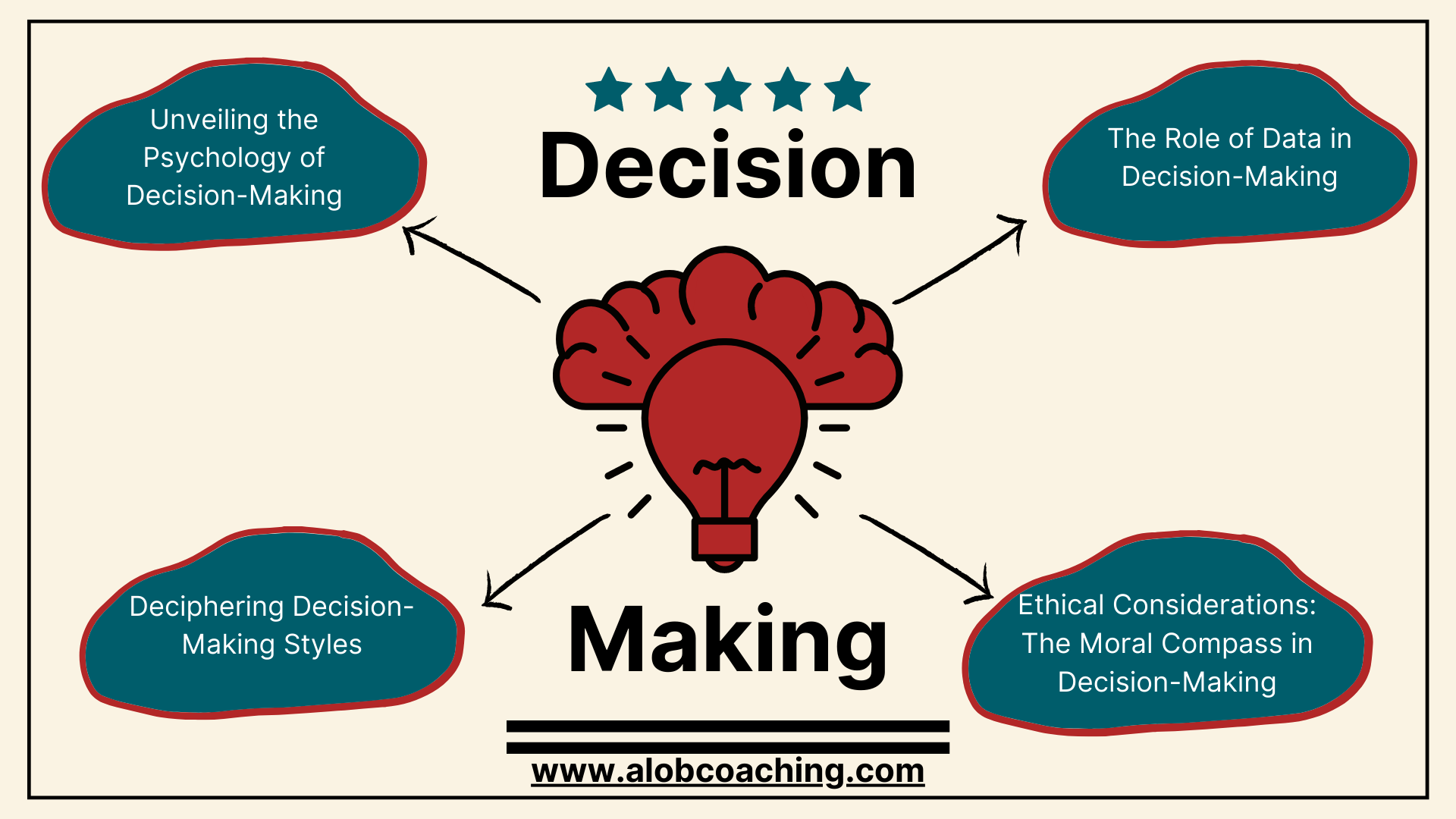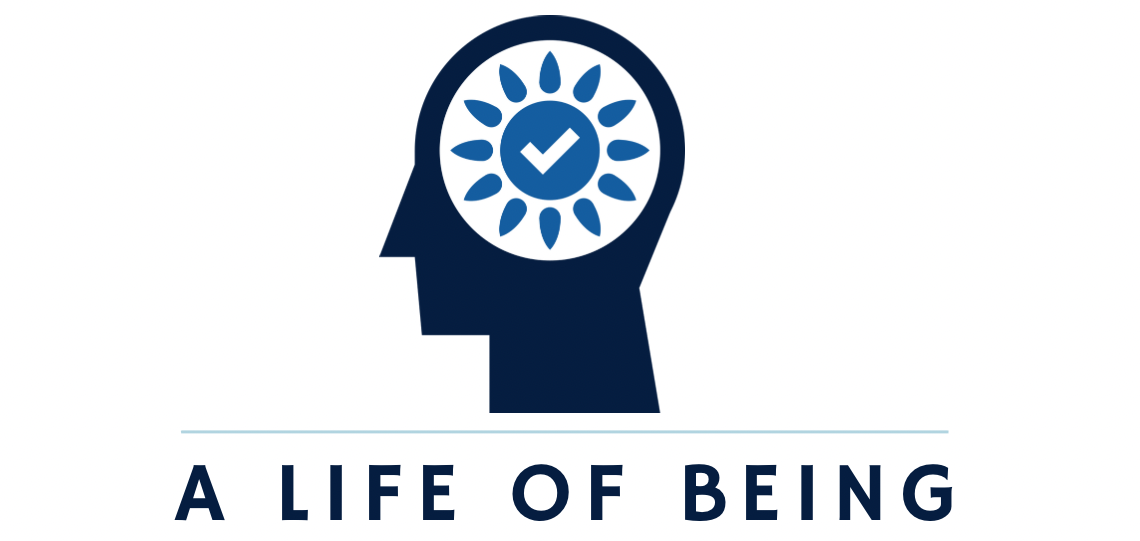What are the causes of burnout? How to prevent burnout.
You might have heard that stress is bad for your health, and you've probably noticed that it's not doing an excellent job of taking care of you. Use these tools to manage stress and prevent burnout to get back to living your life and doing what you enjoy.
Burnout is a state of emotional, mental, and physical exhaustion. It can be caused by stress, depression, or overwork.
This article is critical as the incoming generation of workers (gen z) won't settle for a workplace that doesn't value their mental state.
Burnout is a serious issue that affects people of all ages and professions. It's not just for doctors or nurses who work long shifts. Burnout can affect anyone, from bankers to teachers.
The effects of burnout are many and varied.
But what causes Burnout? How do we prevent it? And how can you recover from it when it does happen? In this article, we'll look at the causes of burnout and how to prevent burnout in your business. We'll also look at techniques from positive psychology that can be used as recovery tools if you experience burnout.
What are the causes of Burnout at the workplace?
- Work overload. Too much work on your plate? That's enough stress for anyone! Working too much can cause stress levels to rise over time, ultimately feeling burned out.
- Lack of control over work and low autonomy at work can lead to higher levels of stress and even cardiovascular issues.
- Lack of meaning in work. When you're doing something that's not meaningful to you, it becomes more difficult to find fulfillment in your job—which can lead to a higher chance of Burnout.
- Lack of support from management. When managers don't offer enough support (emotional or otherwise), it affects an employee's overall sense of well-being.
3 effects of burnout
The effects of Burnout aren't just psychological. Burnout also has physical effects. Researchers have identified three significant categories of burnout syndrome:
Emotional exhaustion: This is the most common symptom of burnout, and it can cause feelings of sadness, anger, and frustration.
Depersonalization or detachment from the job: This occurs when an employee feels unable to connect with others due to their work environment.
Personal accomplishment: A person who's burned out may feel that they're not getting any recognition for their work or making any progress in their career path.
For employees with high degrees of work stress and low levels of control over their jobs, this feeling can become all too real when they feel trapped in unfulfilling roles or unfair conditions that make them feel like they've lost control over their lives altogether—and some may even take drastic measures like quitting or harming themselves. It's important to know the signs of burnout so you can be on your way to banishing it.
What are the signs of Burnout?
Several signs may indicate you're suffering from burnout. Psychologists have identified the following as common symptoms:
- Physical symptoms, such as exhaustion and fatigue
- Mental symptoms, including anxiety and stress
- Behavioral symptoms, such as irritability
- Cognitive symptoms (thinking patterns), like feeling apathetic or indifferent
You may also notice that you sleep less and feel more tired than usual. You're constantly being pushed to do more work in less time, making it difficult for you to complete tasks effectively. You may also feel like you're not as productive as you used to be. Businesses may notice losing clients or customers, which may indicate a severe problem with the business model. Maybe you don't see any signs, but that doesn't mean you don't have a problem.
If you're feeling overwhelmed, it's time to take a step back from your business and figure out what's happening. Once you have an awareness of the problem, you have control to make a change.
How to prevent Burnout before it happens
There is no single cause of burnout. Burnout happens when you're constantly feeling stressed out, but it's usually caused by a combination of factors, such as being overworked or not having enough time to take care of yourself.
To prevent Burnout, employers and managers must have a strong understanding of their workers' needs.
Christina Maslach's, Ph.D., research shows that one of the most critical factors in preventing Burnout is for employers to make sure employees feel valued. This can be difficult for leaders and managers to find where to start, but it's critical to maintain positive workplace culture.
In the 2022 Great Attrition, Great Attraction 2.0 survey by McKinsey and Company, more than 13,000 participants labeled their top reasons for quitting their job. The top 5 reasons? Lack of career development, inadequate total compensation, uncaring and uninspiring leader, lack of meaningful work, and unsustainable work expectations.
All of these are major reflags of individuals struggling with or on the verge of Burnout, and the authors state it perfectly:
"If the past 18 months have taught us anything, employees crave investment in the human aspects of work. Employees are tired, and many are grieving. They want a renewed and revised a sense of purpose in their work. They want social and interpersonal connections with their colleagues and managers. Yes, they want to pay, benefits, and perks, but they want to feel valued by their organizations and managers. They want meaningful—though not necessarily in-person—interactions, not just transactions."
If an employee feels like their work is not valued, or if they are consistently under-recognized for their work, this can lead to feelings of helplessness and loss of control over their jobs. When workers feel like they have little control over their situation, this can make them feel trapped—and sometimes, that feeling alone is enough to make them quit.
One way to increase their value is by finding their strengths and what motivates them. This can lead to better employee retention and a more productive workforce. When workers feel like they are being recognized for their work and that their employers value their efforts, this can make them feel more empowered—and less likely to leave their jobs.
You can read more about valuing and motivating
here.
Schedule a chat with us
here if you want immediate help with this issue and need clarity.
Positive Psychology Technique to Reduce Burnout Symptoms
5 healthy habits to prevent Burnout can be summed up in the PERMA Model. The PERMA Model can help with managing stress and maintaining balance. It is an excellent model to use when trying to figure out how to prevent Burnout from occurring in your life or the lives of those around you.
The PERMA Model is a combination of five elements:
• Pleasure,
• Engagement,
• Relationships,
• Meaning, and
• Achievement.
Pleasure refers to the positive emotions we experience in life. Engagement is how much time you spend doing things that are meaningful and important to you. Relationships encompass all aspects of your social connections, including romantic ones. Meaning comes from having a sense of purpose and seeing how everything connects. Achievement is about doing things well and feeling accomplished from your efforts. The PERMA Model is a 5-step sustainable recipe that positive psychologists have developed to help people be happier, healthier, and more productive at work and in their lives.
How to recover from burnout
Well dang, prevention didn't work and you are burned out! The first step to recovering from burnout is to find the source of your burnout. If you don't know what caused it, it will be harder to prevent it from happening again. The second step is to rest and recover physically, emotionally, and intellectually. This means giving yourself time off from work so that you can recharge your batteries.
These following actions should be done next in no particular order:
- Take a break from the source of your burnout.
- Take time to reflect on what's happened and get some perspective.
- Talk about it with someone who can provide support and advice, like a friend or family member, at work you trust, or even a professional counselor.
- Do something different—go for a walk in nature; take up your favorite hobby; see an art exhibit; watch an old movie series (like Star Wars!) with friends... whatever you do, be sure that it's fun and engaging (not work-related).
In other words: try not to overthink things when finding ways to relax! Your brain might be tired of processing or just exhausted because of the stressors that led up to the burnout in the first place. Whatever caused this problem may persist, so take care not to overindulge while recovering from Burnout—balance is essential!
Just enjoy yourself without feeling guilty about taking time off when needed! If possible, try doing things that will help strengthen social bonds, such as connecting with friends via phone calls/text messages/video chats. These interactions are essential for maintaining relationships outside work environments which could otherwise suffer due to lack of attention during times like these.
If you need more help or fast solutions, click here to get your free copy to Banish Your Burnout.
3 techniques to manage Burnout
Research has shown time and time that positive psychology techniques help sustain stress and burnout management. These techniques are based on the theory that what we focus on becomes our reality. So if you're focusing on being stressed, it makes sense that you will continue to experience stress. If you focus on being calm, relaxed, and happy, these feelings can become your new regular. Easy, right?
Well in some cases, easier said than done. But it can be done. That's why we have three positive psychology techniques to help cultivate those calm feelings and sustain them.
3 Positive psychology tools to use in the face of burnout:
- Mindfulness meditation is a popular form of meditation that focuses on being in the moment. It helps you notice your thoughts, feelings, and body sensations without judgment. As you become more aware of these things, they begin to lose some of their power over you.
- Fostering gratitude (think of one thing you're grateful for each day) can help you focus on the positive aspects of your life and can make you feel more connected to others. If you're feeling burned out, try writing down one thing each day that makes you grateful for yourself or another person. It doesn't matter if it's big or small. Just write it down.
- Strengths-based thinking is a way of looking at the world that helps you focus on your strengths rather than your weaknesses. When things are going well, it's easy to be strengths-based; however, when we're stressed or upset, it can be difficult to remember our strengths. If this is happening with you right now, try writing down five things that make you good at what you do- being a parent or working outside of the home full time.
How to implement stress management into the workplace
Taking the time to work through the problem will lead to a healthier, more sustainable business and lifestyle. We discussed how important it is to manage stress at work—for you, your team, and your business to stay healthy. The first step in creating this culture is setting an example of good stress management from the top down.
If a leader or manager struggles with stress management, it's not surprising that their team will follow suit. A good leader or manager should know how important it is to manage stress and lead by example. They should also be willing to share with the team the best ways they have found to manage stress at work so that everyone can learn from each other.
If you don't take care of yourself, then how you can take care of others? Stress is contagious and could lead to burnout if left unchecked. If you notice any of your team members are showing signs of stress, do not hesitate to talk with them about it. It's essential to encourage everyone in the workplace to manage their stress levels so that no one gets burned out. Sometimes an external coach can be an excellent resource for managing stress. They can help you develop strategies and techniques to manage stress and provide you with a sounding board to talk through issues that may be causing it.
Ready to manage stress now? Follow this link.
In addition:
- If you notice that your team is experiencing stress, it's essential to talk about it. It can be difficult for people to admit when they are feeling stressed out or overwhelmed, so make sure everyone knows it's okay, to be honest about their feelings. In addition to helping your employees manage stress in the workplace, talking with them lets them know that you care about their well-being and want them to be happy! Trust and authentic relationships are established when you show this level of concern for each other as individuals.
- If your company is willing to offer a coaching perk, consider including it in the benefits package. Coaching can be beneficial for individuals trying to manage stress in the workplace or improve their performance.
Our final note: Don't let stress or burnout hold you back any longer.
In summary, stress is a normal part of life. However, allowing it to build up and affect our mental health can lead to severe consequences. The best way to manage stress in the workplace is by offering proactive measures, such as counseling and coaching. Some coaching tips we suggested here will help you feel more comfortable with the process and make your company more aware of the stress that its employees are experiencing. It's important to remember that every company has different needs. If you're interested in learning more about how coaching can improve employee engagement and productivity at your company, reach out to us today! Burnout can be a severe problem, but it's not one without a solution. By taking some time to understand the causes of Burnout and how to prevent them, we can keep our businesses and lives healthy and sustainable.
We hope this article has given you some insight into what might be causing your burnout and how you can prevent it in the future! While burnout is a genuine issue, it doesn't have to be something you live with forever. These tips are just the beginning, and you should feel free to add your ideas in the comments section below. If you're interested in learning more about stress management, check out our blog post on the subject. If you're feeling burned out, take some time today to learn your stressor and reflect on how to prevent it from happening again. You deserve to be happy, and so does your business!
The Blog


a b c d e f g h i j k l m n o - Do not remove from template!!! it is important to support different fonts



